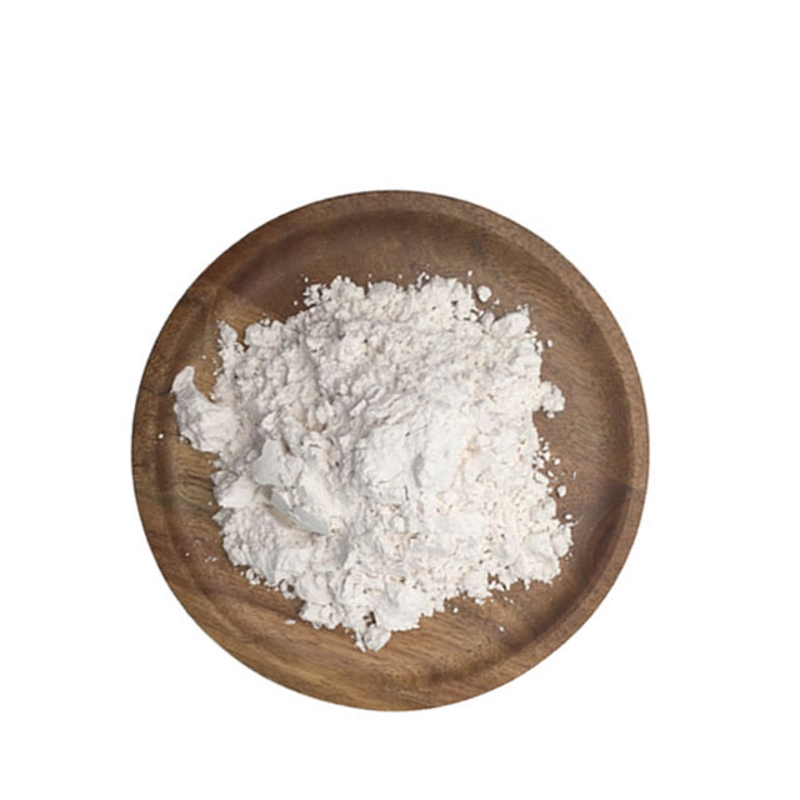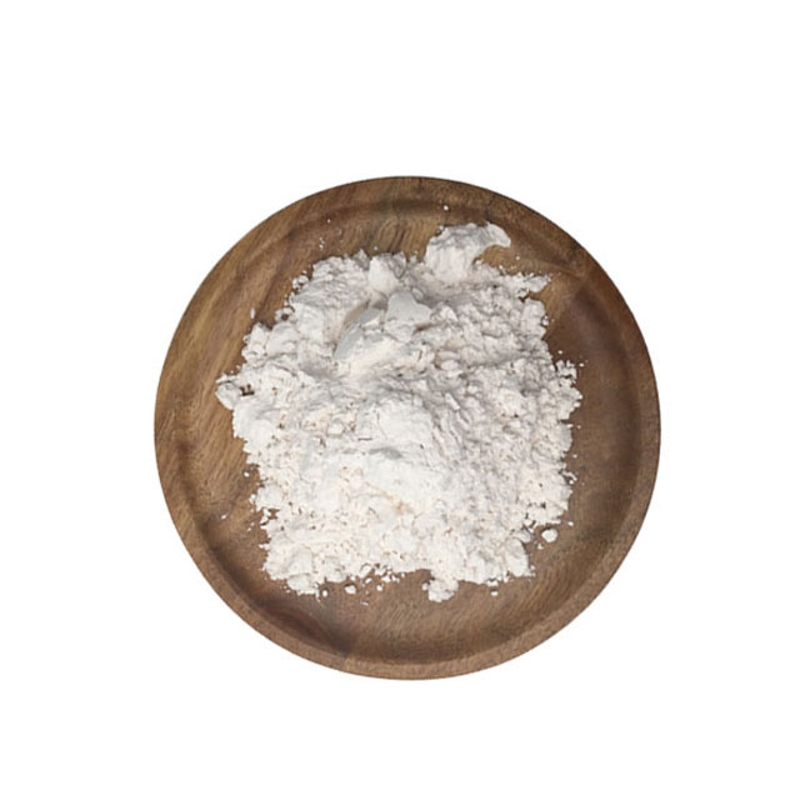Nat Med: Different Alzheimer's subtypes may be associated with different modifications of tau protein.
-
Last Update: 2020-07-19
-
Source: Internet
-
Author: User
Search more information of high quality chemicals, good prices and reliable suppliers, visit
www.echemi.com
, June 27, 2020 /PRNewswire/ --biovalleyBIOON/--- has different rates of progression in different patients with Alzheimer's disease (AD), a new study reveals a possible biological causeThe study, led by researchers at Massachusetts General Hospital in the United States, focused on tau, a protein found in nerve fiber tangles in the brain, where the brain's neurofibrosis is a well-known feature of ADThe findings were published online June 22, 2020 in the journal Nature Medicine with the title "Tau molecular diversity stod s to clinical heterogeneity in Alzheimer's disease"The paper's authors are DrBradley Hyman, director of the Alzheimer's Research Center at the Massachusetts General Hospital Institute for Integrated Neurological Degenerative DiseasesThe first author of the paper is DrSimon Dujardin, a postdoctoral researcher at Massachusetts General Hospitalbrain map of people with Alzheimer's disease, pictured from Wikipedia/public domainTau underhappens a variety of modifications during the disease, including phosphorylationThe researchers found that the presence of different forms of phosphorylation tau could explain why the disease has different effectsdoctors have long known that the clinical manifestations of Alzheimer's disease vary widely from patient to patient, including the age of onset, the rate of memory loss, and other clinical indicators, the higher the level of pathological tau in the brain, the more serious the diseaseHowever, there are no clues as to what causes this difference between patientsthe researchers studied samples from 32 patients who were diagnosed with "typical AD" during their lifetimes, a diagnosis confirmed after deathIn these patients, there are significant differences in the age and rate of disease progression in diagnosis more details about the study The researchers also studied the molecular characteristics of tau proteins in the brains of these patients This includes the level of different types of tau, the ability to induce aggregation (also known as seeding), and the use of biochemical, biophysical and bioactive assays, as well as advanced mass spectrometry techniques to detect specific tau post-translation modifications the researchers found "amazing" changes in phosphorylation of tau oligomers, which are associated with greater tau transmission and worse diseases Different specific modifications are related to varying degrees of severity and speed of progress note, these specific molecular characteristics lead to variable identification of antibodies, which are currently being considered for therapeutic targeting of tau proteins in AD and related diseases "We speculate that The progress of AD has different molecular 'drivers', and each patient has its own set of molecular drivers," Hyman said This is similar to what we see in cancer, for example, there are several types of breast cancer , and treatment depends on the specific molecular drivers of the patient's tumor "(Bio Valley Bioon.com) Reference: Simon Dujardin et al Tau molecular d d adness to sydd heterogeneity yn Alzheimer's disease Nature Medicine, 2020, doi: 10.1038/s41591-020-0938-9.
.
This article is an English version of an article which is originally in the Chinese language on echemi.com and is provided for information purposes only.
This website makes no representation or warranty of any kind, either expressed or implied, as to the accuracy, completeness ownership or reliability of
the article or any translations thereof. If you have any concerns or complaints relating to the article, please send an email, providing a detailed
description of the concern or complaint, to
service@echemi.com. A staff member will contact you within 5 working days. Once verified, infringing content
will be removed immediately.







